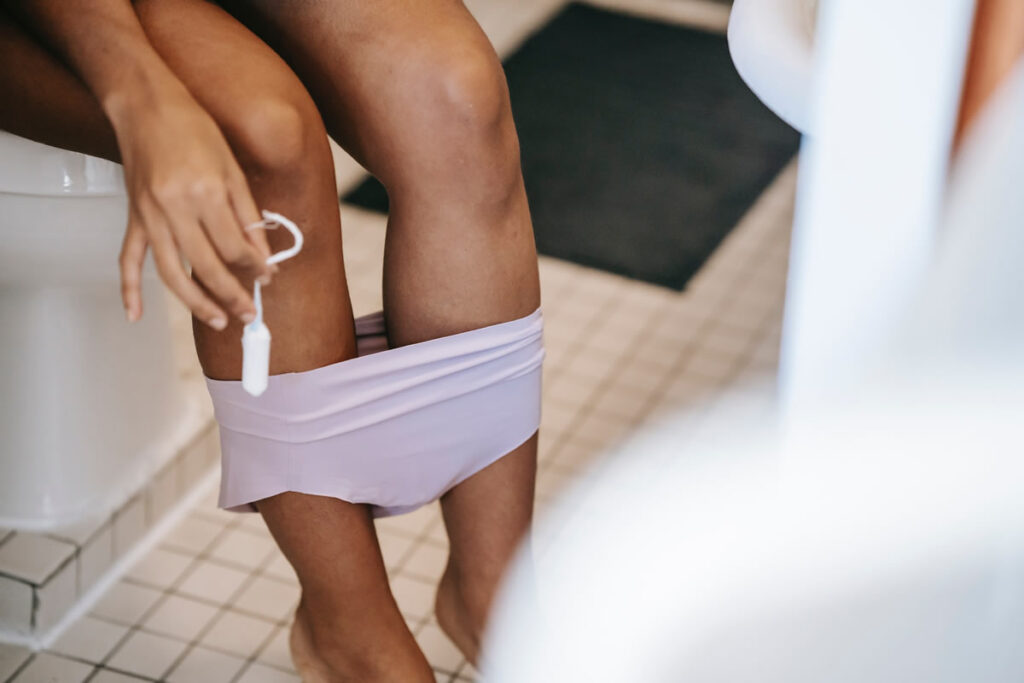- A worker at a dairy factory in Limuru, Kenya, put a sanitary pad in the wrong bin. Three of their managers then made the women undress to find out who was on their period.
- The incident sparked outrage. Activists demonstrated outside the company’s offices, putting sanitary towels on the gates to protest against the treatment the workers faced.
- Period-shaming remains a problem, with women’s rights’ activists in Kenya saying stigma should be dealt with.
Three senior managers from a Kenyan dairy company have been arrested over allegations of indecent assault after they forced a group of female employees to undress in order to find out which of them was on their period.
The incident, which happened last week at Brown’s Food Company’s dairy factory in Limuru, in central Kenya, followed failed attempts by the managers — all three of whom are women — to find out who had put a sanitary towel in the wrong bin.

Anonymous reports of the incident emerged online early last week. On Thursday, activists demonstrated outside company offices, sticking sanitary towels on the gates in protest at the “humiliating” treatment the workers had faced.
The company suspended the managers and issued a statement on Friday, calling their actions a “distressing unilateral decision” and saying that it had launched investigations into the “shocking” incident.
“Brown’s is a women-led business and works hard to provide a working environment that is safe for all employees. Brown’s has formal HR policies and systems in place and this incident does not reflect the procedures of the company as a whole. We realise we must do better and understand how this happened,” the company said.
[WATCH] Why you shouldn’t be ashamed of your period
“The public is holding us accountable and we will continue to update you on the progress which is being made and the resolution to those affected.”
The company said it was talking to Gloria Orwoba, a senator known for campaigning against period-shaming, “to learn from her how best to implement a menstrual hygiene management policy”.
Orwoba says companies should implement policies that ensure workers have access to proper menstrual products, facilities and information to manage their periods with hygiene and dignity.
Kenyan MP Anne Muratha called for the women subjected to the strip-search to be compensated, amid calls by other representatives for “serious actions” to be taken against the company.
The Institute of Human Resource Management said it was “deeply concerned and shocked” by the allegations. It said it would conduct a probe into the “unprofessional conduct” and warned that those involved would face disciplinary action.
Period-shaming has had damaging consequences in Kenya. In 2019, a 14-year-old girl took her own life after a teacher reportedly embarrassed her for staining her uniform after she started her first period. Menstrual hygiene advocates warn that the high levels of stigma must be addressed.
This article was originally published by The Guardian’s global development project — part of Guardian News & Media Ltd.
Caroline Kimeu is the Guardian's East Africa global development correspondent based in Nairobi.






